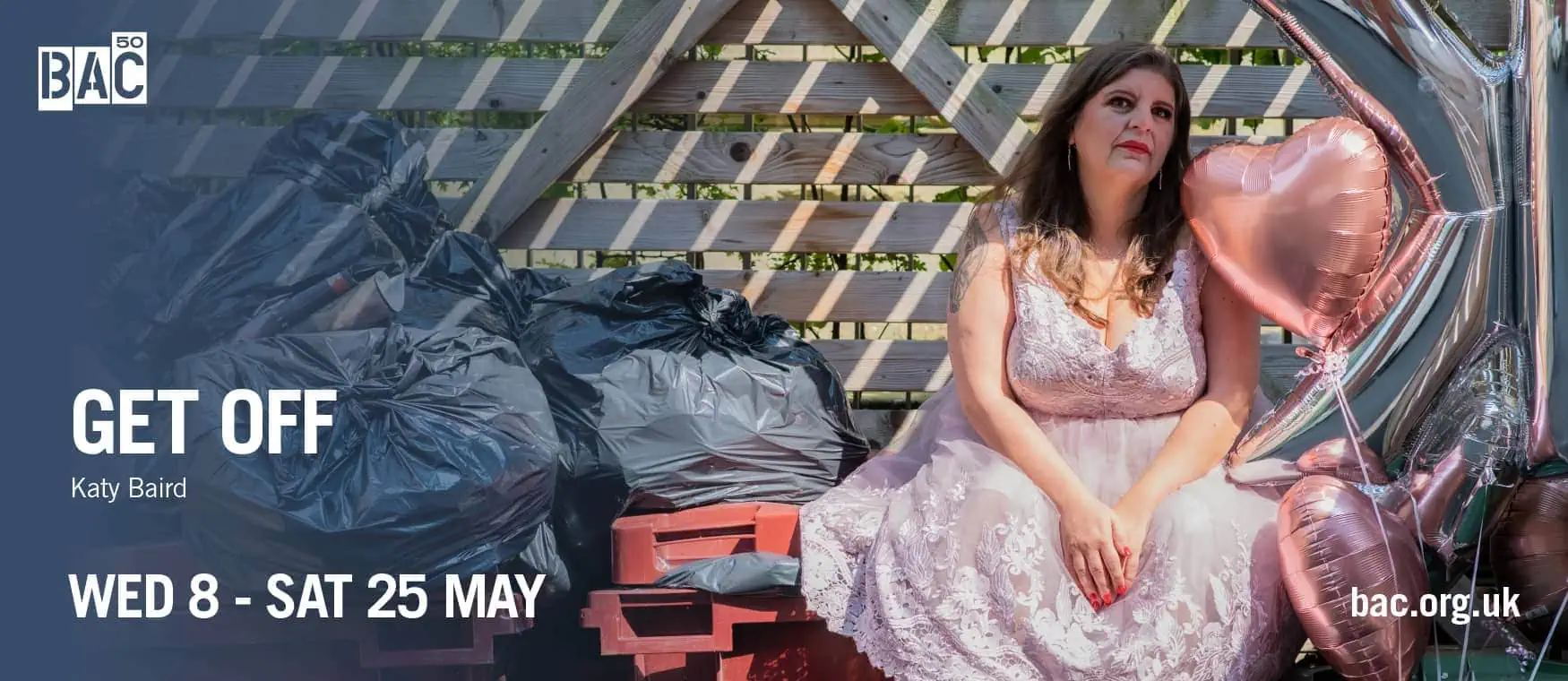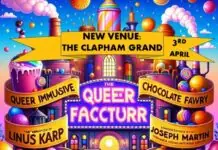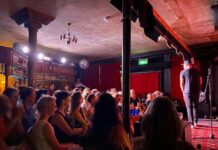As RuPaul announces she’s coming to our shores to find a Drag Race UK Ambassador, QX asks will the UK ever be ready for its own take on the Drag Race phenomena?
NO
Writer and dramatist Nicholas McInerny
The first series of Ru Paul’s Drag Race aired in the States in March 2008. The stars regular sell out shows on the UK gay scene, feature at G-A-Y and Tru TV is searching for a Drag Race UK Ambassador. Meanwhile, Jonathan Ross has stated he is interested in producing a UK version, with Jodie Harsh touted as just one possible presenter. Other names attached to the unconfirmed project have included Paul O’Grady, Visage and, of course, RuPaul.
My husband and I love this show. Although following quite a rigid format in which the queens battle, bitch and bare all in an emotional rollercoaster, there is a wonderful balance between the ridiculous, the absurd, the extraordinarily creative and the genuinely touching. When Ongina revealed her HIV status, or Monica Beverley Hillz confessed on the catwalk that she was trans, it felt genuinely moving. Not only had all these queens set off on their own personal journeys – often in the face of family rejection – but now their drag persona was giving them the courage to admit to deeper truths. Drag had become both the armour with which to face the world, as well as the mirror of self acceptance. This was a powerful lesson that all LGBT people could identify with. They were telling our stories – as well as challenging our assumptions. They were brave and boy, did we respect them for it.
The other tension lay in the rivalry between two distinct traditions – one the Pageant Queen with an emphasis on the Show Girl, a tribute to feminine glamour, and the other the Performer, whose on- stage ‘character’ was filtered through art, theatre, and the alternative scene. And whilst the former seemed stuck in a groove, the latter evolved throughout the series. When, for example, the brilliant Bianca Del Rio won season six with her ‘Rolodex of Hate’ you saw yet another version – the wisecracking confrontational comic who drew on New York Jewish roots as well as drag history.
The one thing in common, however, was that all of their personal stories fed into a larger – and very American – narrative of ‘aspiration’, a concept I believe fundamentally shapes the way Americans see themselves. Aspiration is a kind of real social mobility, in which all is deemed possible through hard work, application and sheer naked talent. Through drag you literally reinvent yourself, take your place in the world, and live the American Dream.
None of that applies in the UK, which is why I believe that Drag Race – marvellous though it is – will struggle. True, we have a national obsession with drag – arguably our national theatre is panto in which both men and women swap gender roles. Likewise, our classical theatre – especially Shakespeare’s comedies – is full of female characters taking on male disguise. But in both examples, the underlying assumption is still straight, and the issues – certainly in Shakespeare – focus around class than gender. Our drag history extends from the decorous glamour of Danny La Rue to the vicious but brilliant tongue whipping of Lily Savage – where humour is the priority rather than a connection with something deeper, and more concerned with personal identity. And when the eponymous RuPaul, who presents Drag Race with such fine judgment, elegance and the real sensitivity of someone who grew up poor and disadvantaged, declares at the end of each show ‘How You Gonna Love Somebody Else if You Can’t Love Yourself…Can I get an Amen for that?’ you can almost hear the hollow laughter of a Brit audience mocking the self-help culture.
The truth is, we are too cynical for RuPaul’s Drag Race.
YES
G-A-Y club owner Jeremy Joseph
UK work? That’s the easiest question to answer. The proof is in how popular it is here without it even being on air. It absolutely shocked me when we first booked DWV for G-A-Y. Obviously they crossed over because they were a YouTube sensation as well, but the queues were around the block. Two had been on Drag Race and the programme had never been shown here other than online. It just shows that if people are going to make such an effort to watch something in that way, just how much more popular it would be to watch on regular TV.
If Drag Race was to come to the UK, it would need to be with RuPaul doing it, obviously with guests on the panel. It’s his show and he’s the key link. A UK version would struggle to work without him. But I believe it could. You could involve talents like Jodie Harsh, whose name had at one point been associated with it and who has already shown how a drag personality can cross over to the mainstream by doing TV and high profile DJ gigs, and Jonathan Ross who the public relate to. But the key is definitely RuPaul.
There’s a huge love for drag on the gay scene and across the UK. If you go back years, drag has been the lynchpin to the gay community. If you look at the evidence of the Black Cap, drag was central to its success. Whenever a venue does a charity night, it’s the drag queens that are called on to host it and they offer their time and talent for free. What RuPaul’s Drag Race has done has revitalized the love for drag and brought it back into a commercial, mainstream space. But drag isn’t a new concept to the UK audiences if you look at Dame Edna Everage, Lily Savage and Mrs Brown.
Essentially Drag Race is reality TV, and we all comment – for good or bad – when X Factor or Britain’s Got Talent shows those real life stories. We have an appetite for seeing them. I think everybody relates to the ambition to succeed and become famous. Yes, there are shows like Big Brother that feature people who just want to be famous for the sake of it, but when you see talented people on shows like Britain’s Got Talent you get behind them and their story involves you. Look at the likes of Courtney Act who started off on Australian Idol and Adore Delano who was on American Idol first. When you look at the success of our own Drag Idol contest on the gay scene and how that has translated to TV, we’ve already seen La Voix, who was a Drag Idol winner, make the final shows of Britain’s Got Talent, so we already know that the UK is ready to embrace drag culture in this way.
And talent is key. Drag Race shows that this standard of drag isn’t just somebody putting on a wig and make-up, it’s an art form, but the television show makes it fun to watch. Where Drag Race is also unique compared to other reality TV shows is that you can re-watch seasons over and over, whereas most reality shows you wouldn’t go back and watch them again.
The only reason it wouldn’t work here is if it wasn’t done well, what works in the USA might not work in the UK. Ultimately, its success is down to one thing: who the contestants are. That’s when shows like X Factor become memorable, when you see that bite of a contestant that you really feel for, that you want to do well, that you can emphasize with. If somebody’s got a story that you can follow, then it would work. And knowing the talent and personalities we have on the gay scene, that’s a given.
• G-A-Y Porn Idol features RuPaul’s Drag Race special guests at Heaven (Villiers Street, WC2N 6NG) on Thursdays, 10.30pm-5am. Check QX for listings.











